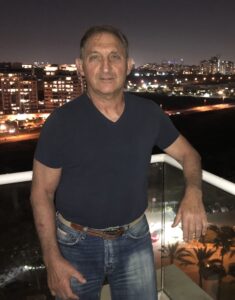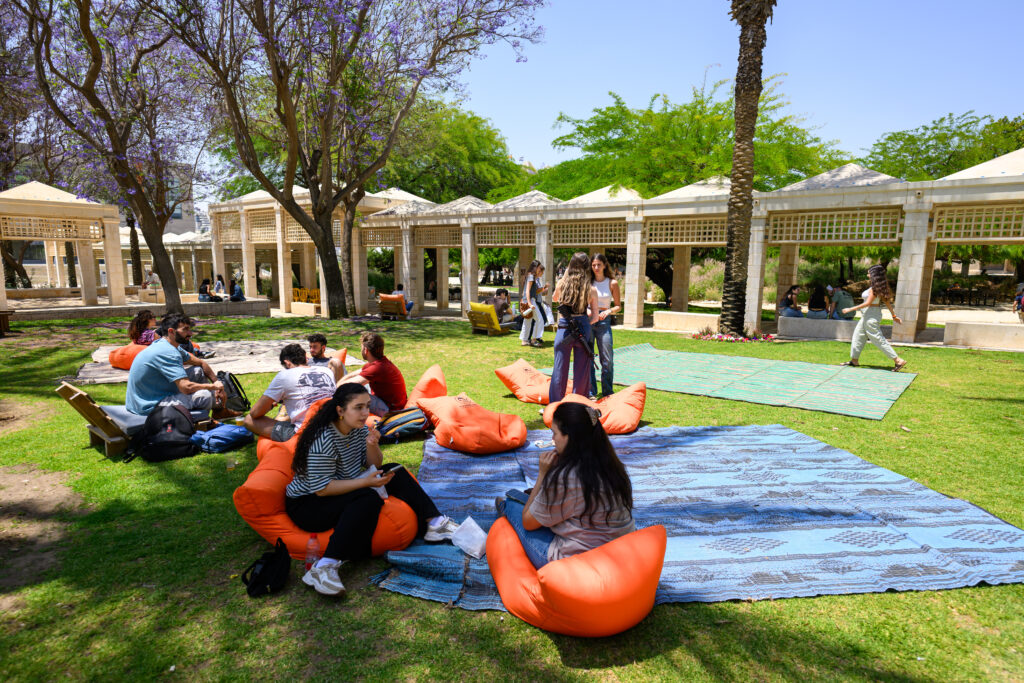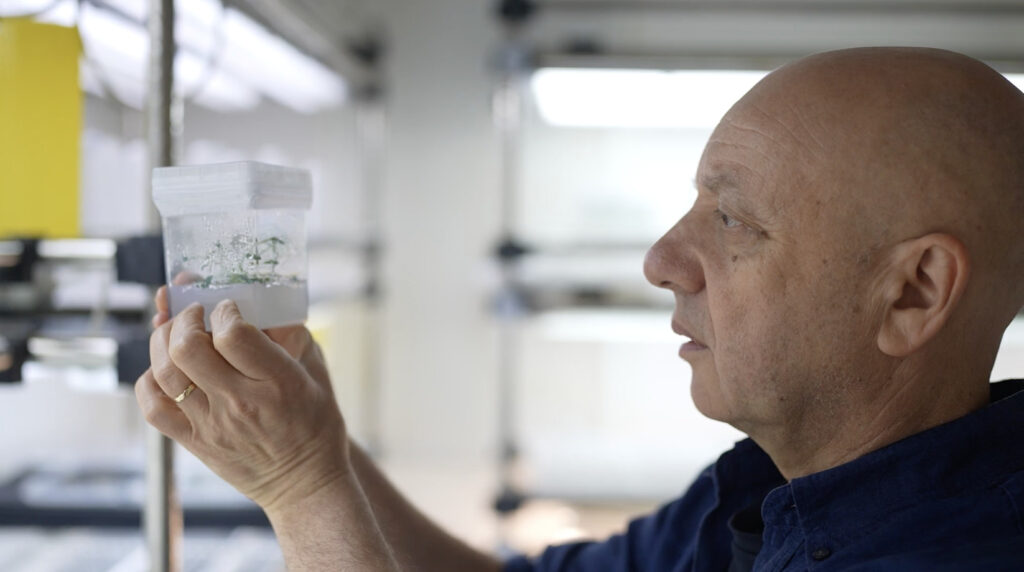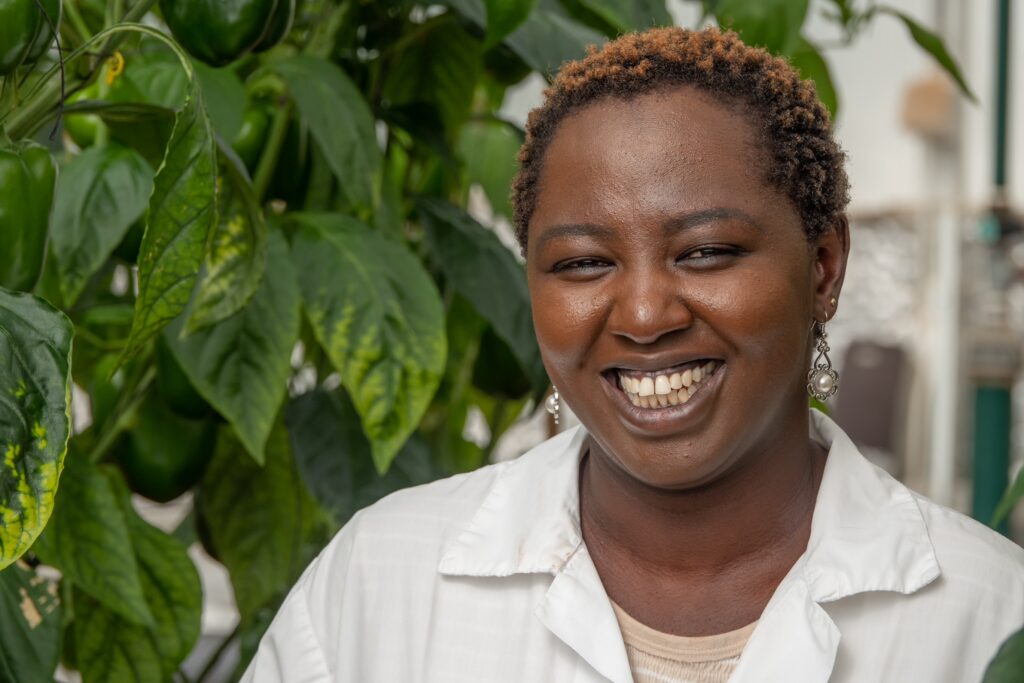
Dr. Rubanenko’s Enduring Commitment to BGU
Dr. Rubanenko’s Enduring Commitment to BGU
July 17, 2025
Desert & Water Research, Negev Development & Community Programs
From Latvia to the Negev: Dr. Gabriel Rubanenko’s Lifelong Commitment to Israel, BGU
Dr. Gabriel Rubanenko’s journey is a powerful narrative of immigration, Zionism, medical achievement, and unwavering commitment to the future of Israel—embodied most clearly in his ongoing support of Ben-Gurion University of the Negev (BGU).
Born in Riga, Latvia, Rubanenko immigrated to Israel with his mother in 1972. He went on to graduate from medical school at the Technion – Israel Institute of Technology in 1975, and served as a medical officer in the Israel Defense Forces across locations like Sinai, the Golan Heights, and Tel Aviv. He later moved to the U.S. to specialize in orthopedic surgery, completing his residency at University of Southern California and a fellowship at Cedars-Sinai Medical Center in Los Angeles. He has practiced orthopedic medicine since 1988.
Despite building a successful life and career in California, Rubanenko has remained deeply connected to Israel—emotionally, ideologically, and philanthropically. While his three children and three of his six grandchildren were born in the U.S., all of them currently live in Israel.
“All my life, I’ve felt Israeli,” he says.
Dr. Rubanenko plans to return to Israel next year—a long-delayed but deeply anticipated move. “I’ve achieved everything I wanted in the U.S. My family is in Israel, and it’s time to go home. Los Angeles was just a very long stop.”
Discovering BGU During a Time of Crisis
Rubanenko first discovered BGU during the height of the Second Intifada in the early 2000s. Searching for an impactful cause to support, he came across a pamphlet from the University highlighting its groundbreaking research in water sustainability. Already involved in humanitarian causes—particularly those aiding new immigrants from the former Soviet Union and victims of terror—Rubanenko was captivated by the long-term significance of water research in the Middle East.
“I had read that the next major conflicts could be over water,” he explains. “I believed my modest contributions could go furthest in that field—and BGU was clearly leading the way.”
The mission and impact of BGU—amplified across the U.S. by Americans for Ben-Gurion University (A4BGU)—aligned perfectly with Rubanenko’s Zionist ideals, especially David Ben-Gurion’s vision of making the Negev bloom.
“The Negev is 60% of Israel’s territory but home to only about 8% of the population. Developing it is vital,” Rubanenko emphasizes. “BGU plays a central role in that mission.”
Deepening Support Through Innovation and Friendship
Rubanenko’s support for the University evolved beyond financial donations. He funded scholarships in water research and was honored with a named presentation day recognizing the recipients. Later, through his involvement in aeroponic agricultural technology, he partnered with Prof. Naftali Lazarovitch at BGU. Together, they implemented a project at the University’s Sde Boker campus.
“That collaboration turned into a deep friendship,” Rubanenko notes. “I’ve visited the campus several times—it’s an amazing place.”
A Personal Connection to Soroka University Medical Center
Rubanenko’s ties to Beer-Sheva stretch back to the late 1970s. As a young IDF medical officer, he rotated through Soroka University Medical Center, BGU’s main teaching hospital. That experience made the recent Iranian missile attack that struck Soroka—the only major hospital in the Negev—even more personal.
The attack damaged buildings across the BGU campus, destroyed medical research labs and classrooms, and forced 100 students and staff members from the University to flee their homes with only the clothes on their backs.
“The hospital serves everyone—Jews, Arabs, Bedouins, Christians—without discrimination,” Rubanenko says of Soroka. “It’s a cornerstone of the region, and it must be rebuilt stronger.”
What Makes BGU Unique
When asked what sets BGU apart among Israel’s academic institutions, Rubanenko doesn’t hesitate. “It’s not just a university. It’s a driver of regional growth, a force for demographic development, and a bridge between diverse communities. It’s educating the future doctors, engineers, and researchers—not only for Israel but for its Arab and Bedouin citizens as well.”
He stresses the importance of this inclusive educational mission. “When Bedouin communities have their own professionals—doctors, engineers, scientists—that uplifts the entire society and strengthens Israeli democracy.”
Looking Ahead
As Rubanenko prepares to return home to Israel, he leaves behind more than four decades of professional success in the U.S.—and a legacy of philanthropy that will continue to shape the future of the Negev. Once in Israel, he plans to work in medicine and to volunteer.
“There’s nothing exceptional about me,” he says humbly. But the arc of his life—from Riga to Beer-Sheva, from battlefield hospitals to boardrooms, from immigrant to benefactor—tells a different story.
Through his support of BGU, Rubanenko is helping to fulfill one of Zionism’s boldest promises: to make the desert bloom, not just with flowers, but with knowledge, opportunity, and hope.




